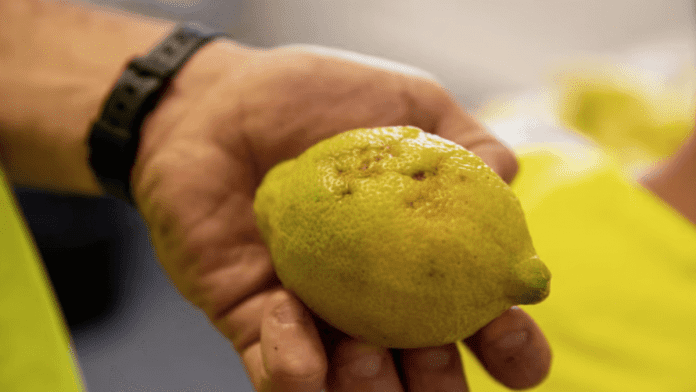News in Brief:
– New diseases like Xylella fastidiosa are ravaging EU trees and crops, devastating local farmers and threatening agricultural livelihoods.
– Some believe that the EU’s open import system, while promoting trade, inadvertently allows harmful pathogens and pests to enter.
New diseases are wreaking havoc on trees and crops across the European Union, with particularly dire consequences for local farmers.
The emergence of Xylella fastidiosa, a bacterium first detected in 2013 in Puglia, Italy, has already led to the destruction of a third of the region’s 60 million olive trees, once a cornerstone of Italy’s olive oil production. The toll on farmers has been immense, with farms ceasing production, mills going bankrupt, and tourism declining sharply in affected areas.
Despite efforts to contain the spread of plant diseases, the threat continues to escalate. Recent discoveries of new Xylella subspecies in Italy underscore the ongoing challenge faced by farmers, scientists, and regulators.
A report mentions that available data reveals a concerning trend, with dozens of newly introduced disease outbreaks detected in the EU each year, exacerbating the struggle to contain previously introduced pathogens. With climate change exacerbating the problem, scientists warn that the situation is likely to worsen.

The EU’s open import system, while facilitating trade, has been blamed as a cause of harmful pathogens and pests entry.
For example, the introduction of Xylella bacteria from Latin America, likely transported via ornamental coffee plants, highlights the risks associated with the current system. Despite regulatory efforts, the sheer volume of imports makes it difficult for inspectors to adequately monitor and prevent the entry of harmful organisms.
The consequences of these new diseases are keenly felt by local farmers, whose livelihoods are directly threatened. From Portuguese citrus groves to Polish ash trees, the toll on European agriculture is substantial.
The economic costs of these outbreaks are significant, yet the full extent of the damage remains difficult to quantify. While some advocate for stricter regulations, others emphasise the economic benefits of open trade, underscoring the complex trade-offs involved.



